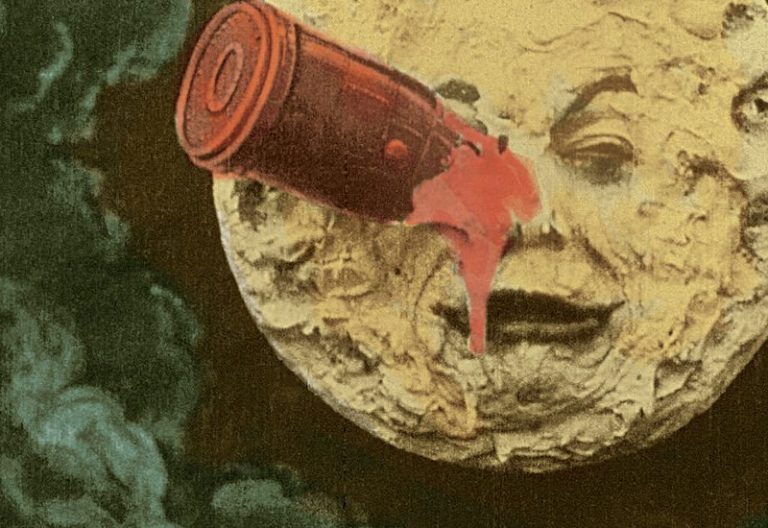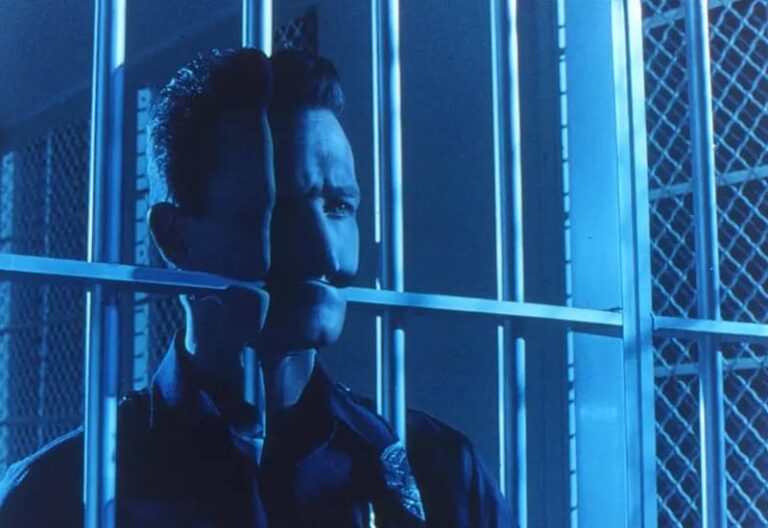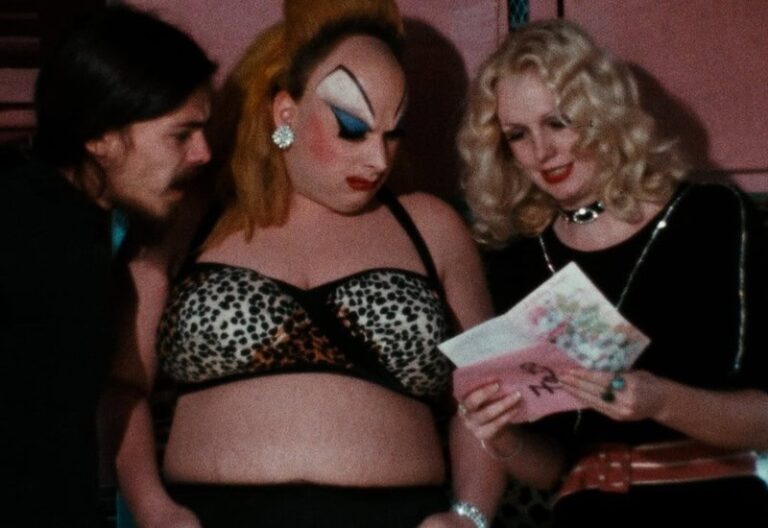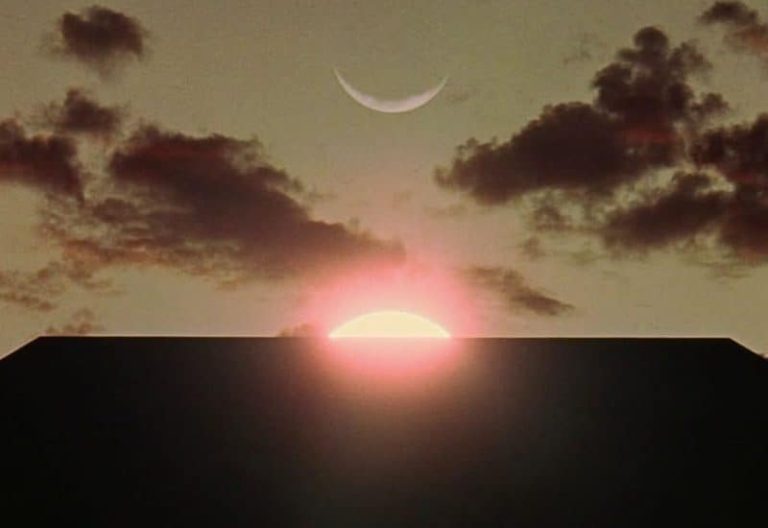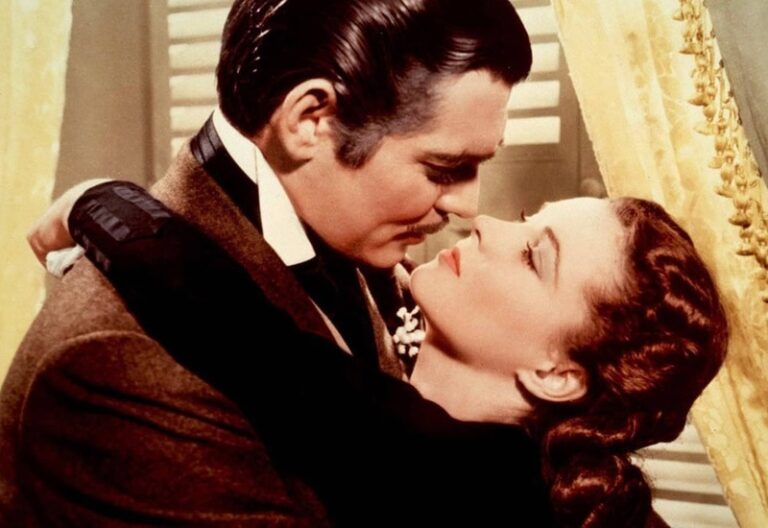a beginner's guide to space opera movies
Space opera is a subgenre of science fiction, celebrated for its grand scope, epic adventures, and famous heroic tales set in outer space. Unlike hard science fiction, which tends to emphasize scientific accuracy and realism, space opera prioritizes extensive narratives, larger-than-life characters, and thrilling battles. From the early days of cinema to today’s blockbuster franchises, space opera has evolved and expanded into the distinct and beloved subgenre.
Published by: CinemaWaves Team | Filed Under: Film Blog
The Origins and Early Development
of Space Opera
The term “space opera” originated in the pulp fiction of the early 20th century, where it was initially used in a somewhat derogatory manner to describe science fiction stories that focused more on spectacle and adventure than scientific plausibility. Early examples of space opera can be found in pulp magazines like Amazing Stories and Astounding Science Fiction, where writers like E.E. “Doc” Smith and Edmond Hamilton pioneered stories that took readers on interstellar escapades.
E.E. “Doc” Smith’s Lensman series, first published in 1934, is often credited as one of the earliest space operas. Smith’s stories centered on epic conflicts between good and evil, with galaxy-spanning battles and characters equipped with extraordinary powers and technology. This series set the foundation for the themes and tone that would characterize space opera.
In cinema, however, it wasn’t until the mid-20th century that the genre truly found its footing. Flash Gordon serials of the 1930s, though technically a blend of fantasy and space opera, introduced audiences to swashbuckling heroes, evil emperors, and futuristic settings. These early cinematic adventures laid the groundwork for the space opera genre in film, offering a glimpse of what was possible in terms of world-building and interstellar drama.
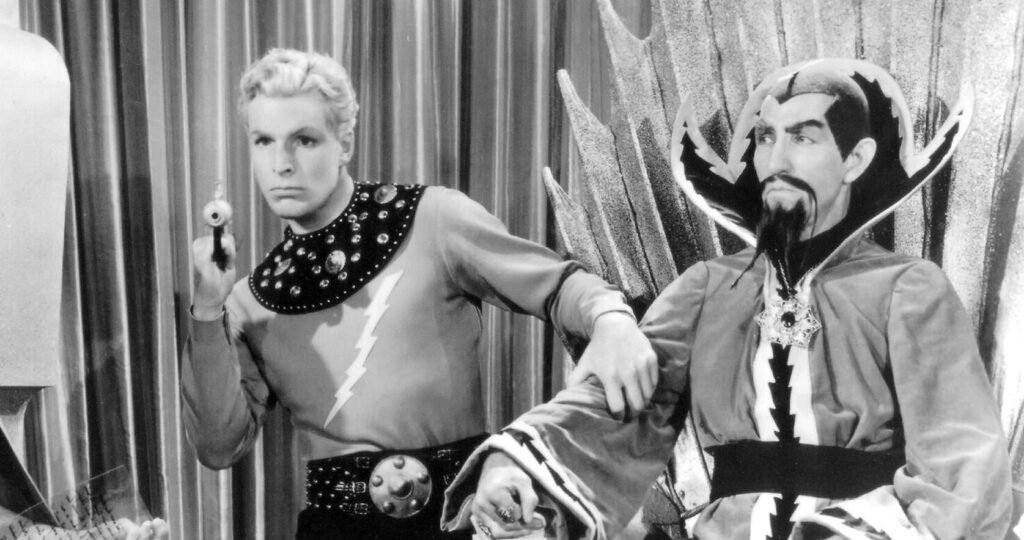
The Rise of
Space Opera in Cinema
While early space-themed films were often limited by the available special effects technology, space opera gained significant traction in the 1950s with films like “Destination Moon” (1950) and “Forbidden Planet” (1956), which incorporated more sophisticated storytelling and visual effects for the time. These films took inspiration from pulp novels and radio dramas, featuring explorers who encountered hostile alien worlds or engaged in dangerous missions in space.
The genre’s defining moment came in 1977 with the release of “Star Wars,” a film that redefined space opera and science fiction cinema altogether. Created by George Lucas, the film introduced audiences to the galaxy far, far away, combining adventure, mysticism, and high-stakes interstellar warfare. With its archetypal characters, advanced special effects, and captivating story, “Star Wars” revived interest in space opera and influenced countless films and television shows that followed.
The 1980s and 1990s saw the genre continue to thrive with franchises like “Star Trek,“ which, although originating as a TV series in the 1960s, had a renewed presence in cinema with “Star Trek: The Motion Picture” (1979) and several successful sequels. “Star Trek” offered a more philosophical and exploratory take on space opera but retained the genre’s core elements of galactic exploration and epic space conflicts.
In the 2000s, space opera entered a new phase with films like “Serenity” (2005), a continuation of the cult TV series “Firefly,” and the Star Wars prequel trilogy, which expanded the Star Wars mythos and brought advanced CGI to space opera storytelling. Films such as “Guardians of the Galaxy” (2014) and “Dune” (2021) further proved the genre’s popularity, appealing to modern audiences with humor, complex characters, and visually spectacular world-building.
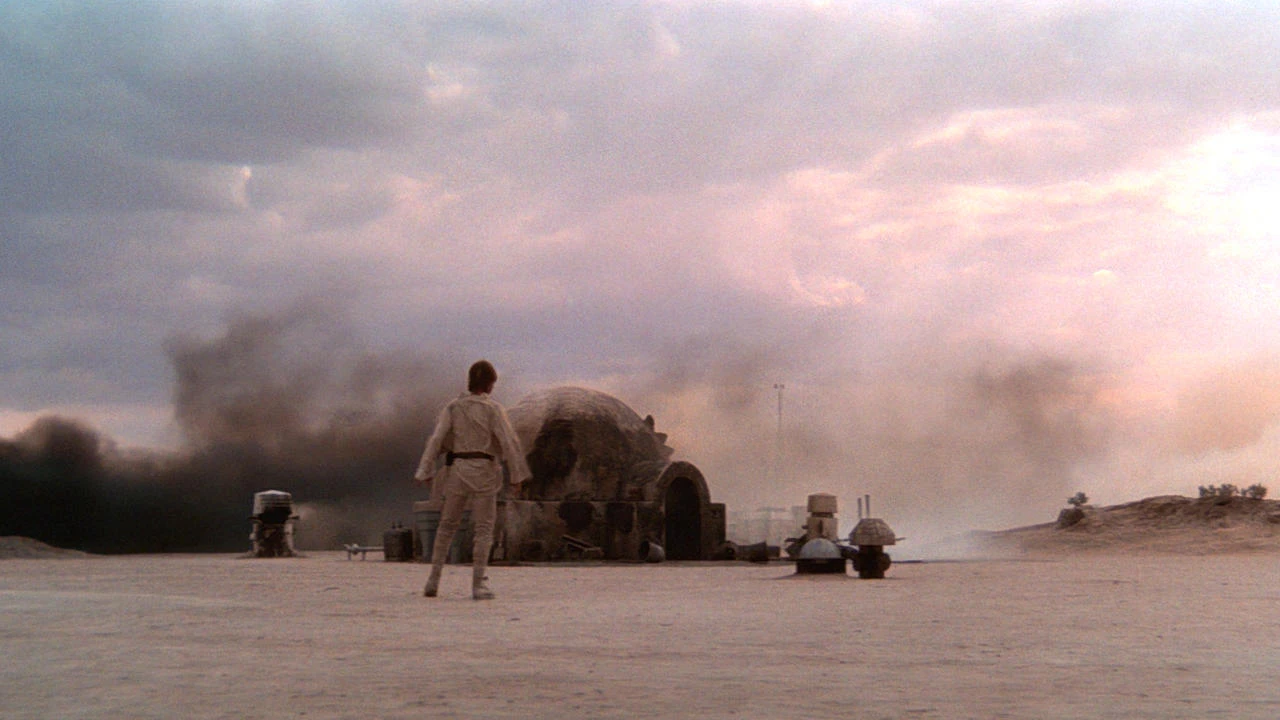
Characteristics of
Space Opera Film
Intergalactic Settings and Vast Scales: Space opera often spans entire galaxies or universes, with numerous planets, star systems, and civilizations at play. This vast scale allows for rich, imaginative world-building, giving rise to unique alien species, cultures, and conflicts.
Dramatic Themes and Morality: Space opera frequently centers on classic themes of good vs. evil, loyalty, rebellion, and self-discovery. Characters undergo personal transformations as they confront moral dilemmas, choose alliances, and navigate cosmic battles.
Technological Marvels: Although the science behind space travel or weaponry may be lightly explained, space operas are renowned for their portrayal of futuristic technology. From faster-than-light spaceships to energy-based weaponry and droids, these films emphasize imagination over scientific accuracy.
Space Battles and Heroic Combat: Space operas are action-driven, featuring dynamic space battles, duels, and heroic escapades. The visual spectacle of these conflicts is usually a highlight, providing intense drama and thrilling visuals.
Richly Developed Universes: Space opera films invest in creating fully realized worlds with detailed lore, politics, and histories. This commitment to universe-building is a major attraction, allowing fans to fully immerse themselves in these fictional realms.
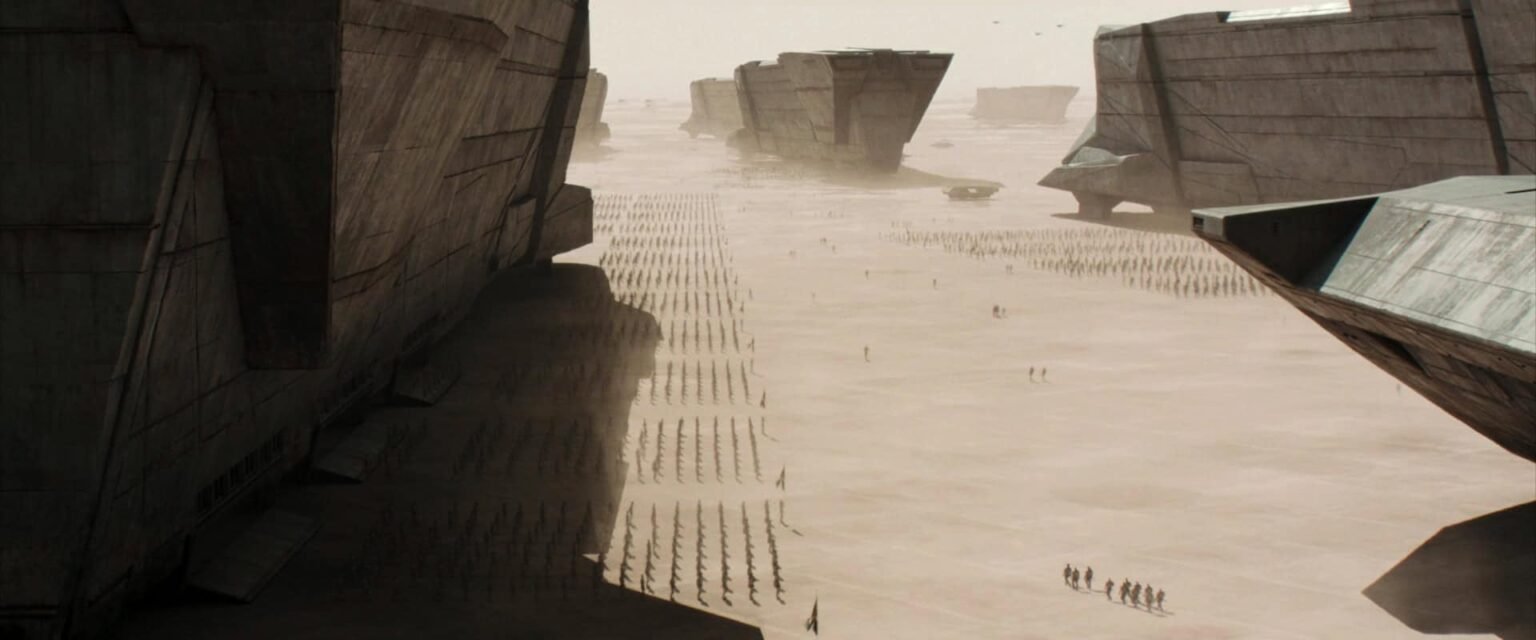
Famous Space Opera Movies
Star Wars Series (1977-present): The definitive space opera, Star Wars has become a cultural touchstone. Its blend of adventure, mythology, and advanced technology set the benchmark for the genre and inspired generations of filmmakers and fans. The Star Wars saga, with its iconic characters, unforgettable music, and universal themes of hope and redemption, continues to captivate audiences across generations.
Star Trek Series (1979-present): Although more grounded in diplomacy and exploration, Star Trek brings a unique philosophical depth to space opera. With its diverse cast and intelligent storytelling, it explores humanity’s potential and moral questions in space. Beyond entertainment, Star Trek has influenced real-world science and inspired a sense of optimism about future human collaboration and understanding.
“Dune” (1984, 2021): Frank Herbert’s Dune novels were long considered unfilmable, but both David Lynch’s 1984 film and Denis Villeneuve’s 2021 adaptation capture the epic scope of this space opera saga. It is a tale of political intrigue, religious prophecy, and epic warfare on a desert planet. The story’s exploration of power, ecology, and human destiny has solidified Dune as a deeply layered narrative within space opera’s tradition.
“The Fifth Element” (1997): The film presents a unique blend of futuristic visuals, adventure, and humor in a action-packed space opera. Set in a highly stylized universe, it follows a cab driver who becomes an unlikely hero as he teams up with a mysterious woman to save Earth from a cosmic threat. The film’s imaginative world-building, eccentric characters, and striking visual style add a refreshing and memorable twist to the genre.
“Serenity” (2005): Based on the cult series Firefly, Serenity offers a gritty, western-inspired take on space opera. It follows a group of rebels and explores themes of loyalty, survival, and resistance in a dystopian galaxy. The film’s realistic, character-driven approach brings a refreshing rawness to the genre, focusing on the personal stakes of each character amid the chaos of space.
“Guardians of the Galaxy” (2014, 2017): Blending humor with space adventure, Guardians of the Galaxy is a modern take on space opera. It combines a ragtag team of heroes, vibrant alien worlds, and fast-paced action with comedic elements, showcasing the genre’s versatility.
The Influence and Future of Space Opera
Space opera continues to evolve, adapting to technological advancements and shifts in storytelling. The success of shows like “The Expanse” (2015-2021) demonstrates the genre’s ongoing appeal, with complex narratives that blend space opera with elements of realism and political drama. Video games have also played a significant role with the franchises like “Mass Effect” (2007-2012), a landmark series in gaming, exemplifies space opera’s reach in this medium.
In today’s media landscape, space opera continues to attract audiences due to its ability to combine adventure with emotionally resonant themes. It remains a unique realm within science fiction, where creativity and imagination has no boundaries, and the stars are but a canvas for stories that capture the human experience on a cosmic scale.
Refer to the main page for more educational insights on filmmaking and cinema history.
The Cinema of Attractions refers to an early style of filmmaking, popular in the late 19th and early 20th centuries, that prioritized spectacle and visual novelty over storytelling..
Special effects in film have always been a kind of magic – tricking our eyes into seeing the impossible, making the unreal seem real. It’s a craft that’s been around almost…
A cult film is a movie that builds a devoted following without achieving mainstream success or widespread critical praise at the time of its release. These films are…
In the late 1960s and throughout the 1970s, until mid 1980s, a cinematic revolution unfolded in Hollywood that would forever change the landscape of the film industry. American New…
The Golden Age of Hollywood refers to the period between the late 1920s and the early 1960s when the American film industry was at its peak in terms of creativity, influence…
Cinematography is the art and craft of capturing visual images for film or digital media. It involves the use of cameras, lighting, composition, and movement to tell…

